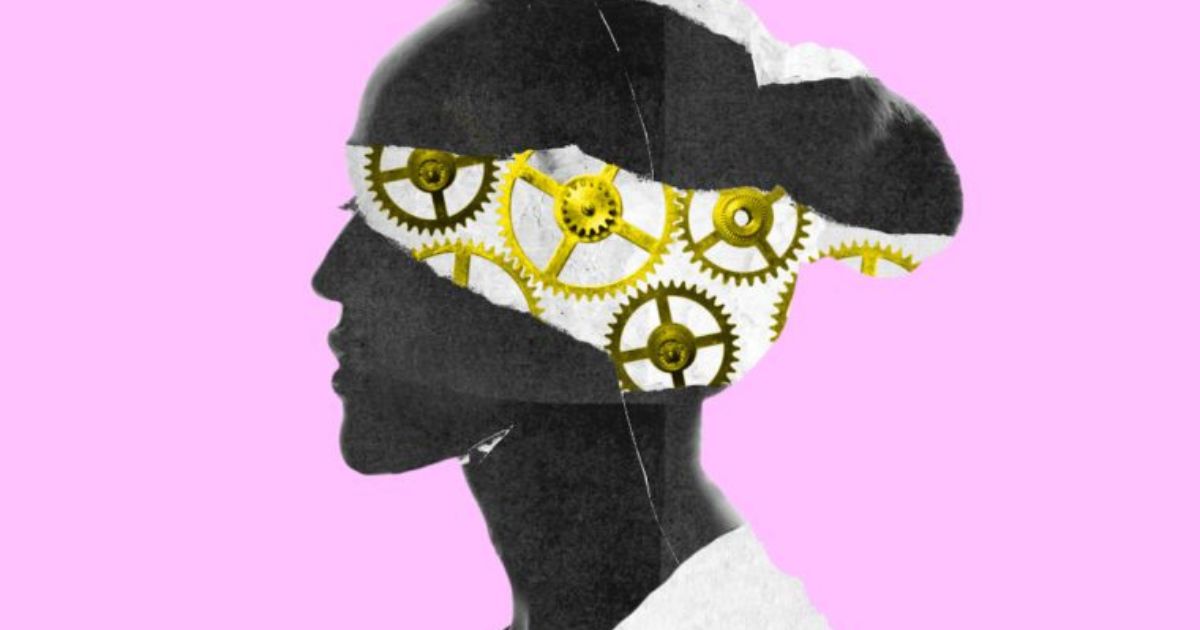Cognitive Behavioral Therapy (CBT) has long held a reputation as an effective treatment for a wide range of mental health conditions, from depression and anxiety to self-esteem, motivation, and interpersonal relationship issues.
However, in recent years, as conversations around complex mental health issues have gained momentum, CBT has found itself under scrutiny and criticism. Many argue that it oversimplifies complex human experiences, disregards systemic issues, and promotes a potentially harmful culture of forced positivity. The debate centers on whether the therapy itself is at fault or if it’s a matter of its application.
CBT’s Goal and Structure To Understand Complex Mental Health Issues
At its core, CBT aims to help individuals identify and address cognitive distortions and maladaptive responses that hinder their pursuit of personal goals.
Samriti Makkar Midha, a practicing psychotherapist in Mumbai, described CBT as an action-oriented approach with a structured framework. It assists people in managing their mental health concerns within a relatively short timeframe, typically ranging from eight to 12 weeks.
However, the allure of a “quick fix” is where some of the criticisms originate.
“In the short term, it genuinely helped me… But in the long term, it turned out to be less helpful. When I get in the habit of challenging every negative thought I feel, I end up skipping straight to the ‘feeling better’ part and not doing a really important step — fully experiencing the negative feeling and really exploring where it came from,” noted Lauren Bunke from Chicago. Lauren underwent CBT to address her depression and anxiety, highlighting a potential pitfall in the therapy’s application.
The Simplification Critique
One of the primary criticisms leveled against CBT is that it tends to oversimplify complex human experiences and emotions. Critics argue that by promoting the notion that changing one’s thought patterns can lead to immediate emotional improvement, CBT may inadvertently invalidate the depth and complexity of individuals’ feelings and experiences.
Dr. Sofia Martinez, a psychologist specializing in trauma therapy, explained, “While CBT can be effective for some, it’s not a one-size-fits-all solution. Mental health is incredibly nuanced, and not all issues can be addressed through changing thought patterns alone.”
The Systemic Critique
Another facet of the CBT debate revolves around whether the therapy adequately addresses systemic issues that can contribute to mental health challenges.
Critics argue that CBT tends to focus on the individual and their thought processes, potentially neglecting the impact of external factors such as systemic discrimination, poverty, or inequality.
Dr. Jamal Wright, a mental health advocate, pointed out, “CBT may teach individuals coping mechanisms, but it doesn’t dismantle the societal structures that contribute to mental health issues. It’s important to acknowledge that mental health is not just an individual problem; it’s a societal one too.”
The Positivity Culture Critique
CBT’s emphasis on challenging negative thoughts and promoting positive thinking has also drawn criticism for potentially fostering a culture of forced positivity. Some argue that constantly striving to “think positively” can lead to the suppression of genuine emotions and can be harmful in the long run.
Dr. Maya Patel, a clinical psychologist, commented, “Encouraging positivity is important, but it should be balanced with the recognition that it’s okay to experience a range of emotions, including negative ones. Suppressing emotions can lead to greater mental distress.”
Is It CBT or the Application?
The question at the heart of the CBT controversy is whether the therapy itself is fundamentally flawed or if its application needs refinement. Many mental health professionals and experts argue that CBT, when used appropriately and in conjunction with other therapeutic approaches, can be highly effective.
Dr. Sarah Turner, a clinical psychologist, stated, “CBT is a valuable tool in the therapist’s toolbox. It can work wonders for many individuals. However, it’s crucial to tailor therapy to the individual’s needs and circumstances. There is no one-size-fits-all solution in mental health.”
Moving Forward with Nuance
As the debate around CBT continues, mental health practitioners and advocates emphasize the importance of approaching mental health treatment with nuance.
They encourage a more holistic view of mental health that recognizes the uniqueness of each individual’s experiences and the potential interplay between psychological, social, and systemic factors.
Ultimately, the conversation surrounding CBT serves as a reminder that mental health treatment is a dynamic field, continuously evolving to better address the diverse needs of individuals.
The therapy’s effectiveness, critics argue, depends on its careful and context-aware application, as well as its integration into a broader understanding of mental health and well-being.

